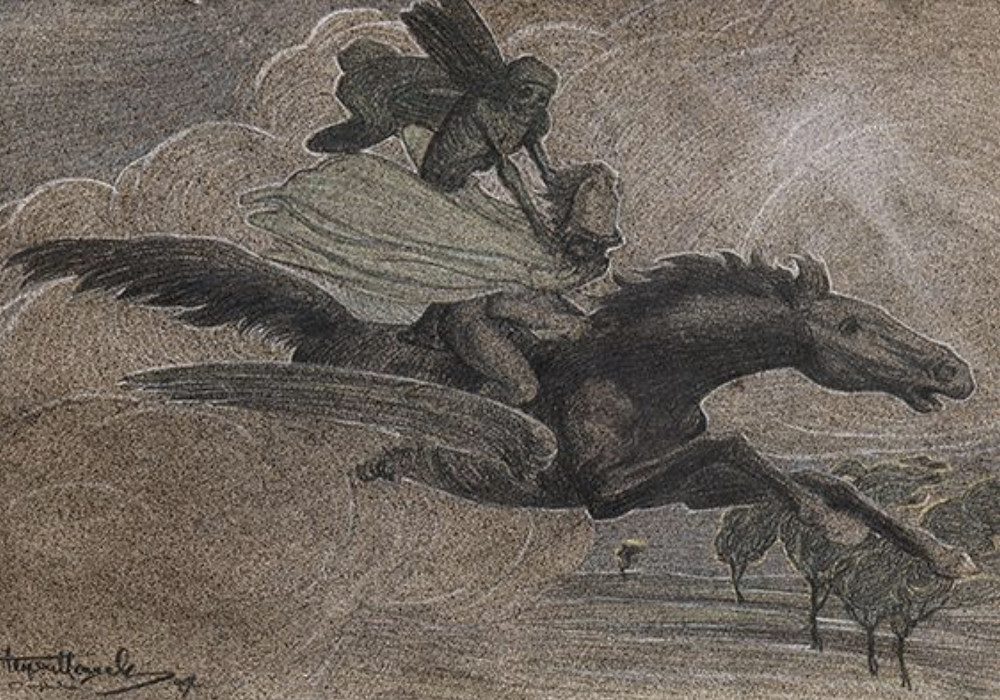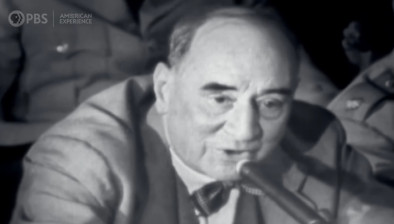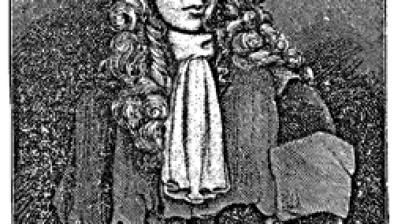Our Legal Heritage: Pegasus in Sligo

Pictured: Pegasus by Georgi Mashev
The Supreme Court delivered its judgment in O’Shea v Tilman Anhold & Horse Holiday Farm Ltd on the 23rd of October 24 years ago.
The case related to a night-time collision between the plaintiff’s car and a horse owned by the second-named defendant holiday farm. The incident caused significant damage to the plaintiff’s car and left the plaintiff injured.
The first-named defendant had a controlling interest in the second-named defendant company which owned the horse.
The High Court did not find any contributory negligence on the part of the plaintiff and held that the second-named defendants were negligent.
The defendants appealed to the Supreme Court and the Supreme Court accepted the appeal.
One of the key questions in the case was how the horse got onto the public road in Moneygold, County Sligo, on which the plaintiff was driving.
The first possibility was that the fencing was inadequate. However, the defendant maintained that the fencing of the field from which the horse escaped was sufficient. The Supreme Court agreed based on expert evidence.
Secondly, there was the option that the first-named defendant left the gate open after feeding the horses on the day of the accident. The Supreme Court accepted the first-named defendant’s testimony that he closed the gate after feeding the animals.
The third prospect was that the horse escaped by jumping over the fence. A notable remark was made in the High Court by counsel for the plaintiff, recently retired barrister Fergus O’Hagan, in response to the proposition. Mr O’Hagan suggested that the horse resembled the mythical Greek winged horse Pegasus if it managed to get over the high fence. He proceeded to ask the court how the plaintiff was supposed to cope with a flying horse on the road way.
The case is also a good example of res ipsa loquitur, which means “the thing speaks for itself”. The burden of proof in negligence normally lies with the plaintiff who must prove that the defendant owed a duty of care on the balance of probabilities. Res ipsa loquitur reverses this burden onto the defendant who must prove that whatever went wrong would have still happened without the defendant’s negligence.
Res ipsa loquitur arises when:
- Firstly, the defendant controls or manages the thing which causes injury to the plaintiff. The defendants in O’Shea owned the horse with which the plaintiff’s car collided.
- Secondly, the plaintiff’s injury could not have arisen without the negligence of the defendant. The plaintiff’s injury here would not have arisen if the horse had not gotten out of the field, indicating some sort of negligence.
- Thirdly, the defendant is presumed to have been negligent but the defendant can prove otherwise. The defendant was presumed negligent because the horse ended up on the road. However, the first-named defendant proved that he took reasonable care by showing that the field was adequately fenced and that he had locked the gate after feeding the horses.










